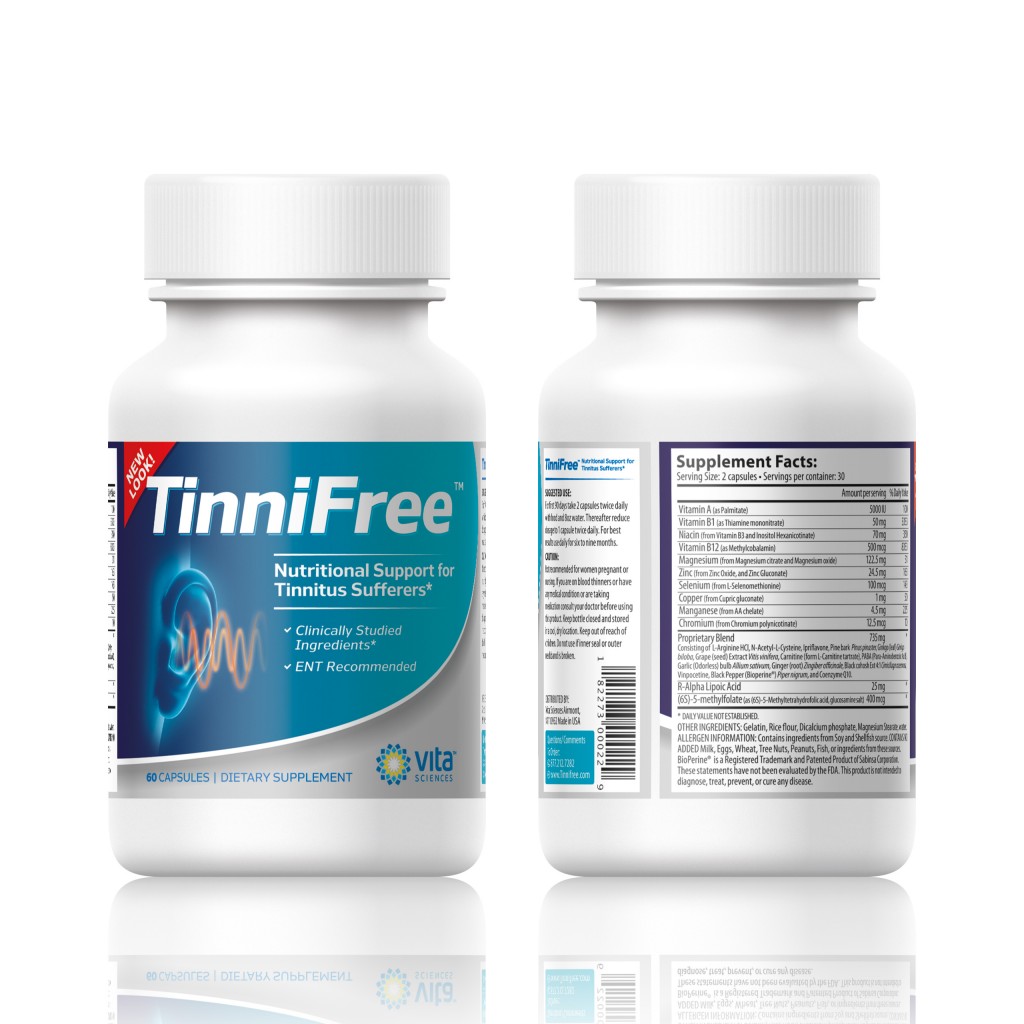Tinnitus facts to consider. Whether you’ve been recently diagnosed with tinnitus or struggling with tinnitus noises for years, it helps to know the facts. Scientists are constantly researching new ways to treat tinnitus, so it’s important to stay up to date on the facts about tinnitus.
Tinnitus facts and myth-busters
- Tinnitus is Latin for to tinkle or to ring like a bell. It is pronounced ti-night-us or tin-ni-tus, and either way is correct.
- Tinnitus can occur in one or both ears, or it can occur in the head.
- Tinnitus is a real neurological condition, not a mental or emotional problem. Even though subjective tinnitus ringing sounds perceived by the brain don’t actually occur in your external-ear environment, they are not an acoustic hallucination.
- Tinnitus is not an illness, but rather a condition caused by an underlying illness. For that reason, the best tinnitus treatments are those that target the disease causing tinnitus, rather than just alleviating the symptoms.
- Tinnitus can sometimes be triggered by stress, loss of sleep, and sodium.
- Smoking cigarettes can also worsen tinnitus, as it reduces the amount of oxygen reaching your brain and the nerve cells of your inner ear.
- Tinnitus sounds vary per individual; they are described as hissing, roaring, whistling, ringing, whooshing, clicking, chirping or any of a number of unusual noises.
- Tinnitus noises can range from high to low pitches, loud to whispering, or multi-tonal to noise-alike.
- Tinnitus is very common; about 10% to 15% of adults experience tinnitus. About 50 million US citizens have tinnitus to some degree, out of which about 12 million have it badly enough to seek medical help.
- In most cases, only the tinnitus patient can hear tinnitus sounds. In rare cases, tinnitus noises can be heard observed by a physician. Objective tinnitus occurs in 1% of all tinnitus patients.
- Forty percent of tinnitus patients have hyperacusis, meaning that they are hypersensitive to certain sounds, or that all sound is over-amplified, perceived as uncomfortably loud.
- Tinnitus and hearing loss usually occur together. Only about 18% of tinnitus patients have no degree of hearing impairment.
- Noise-induced hearing impairment is the most common type of tinnitus is people who are not senior citizens.
- Tinnitus and hearing loss sometimes result from a vestibular disorder causing dizziness, vertigo, and nausea. Meniere’s disease is one such disorder.
- Many drugs can cause or worsen tinnitus. Ototoxic medications include NSAIDs, antibiotics, diuretics, aspirin, quinine, and others.
- Pulsatile tinnitus causes a rhythmic pulsing noise in your ears that beats in tune with your heart; what you are hearing is the sound of your blood vessels. Pulsatile tinnitus can result from hypertension

Try Tinnifree- Natural Tinnitus Support. Buy Now.
